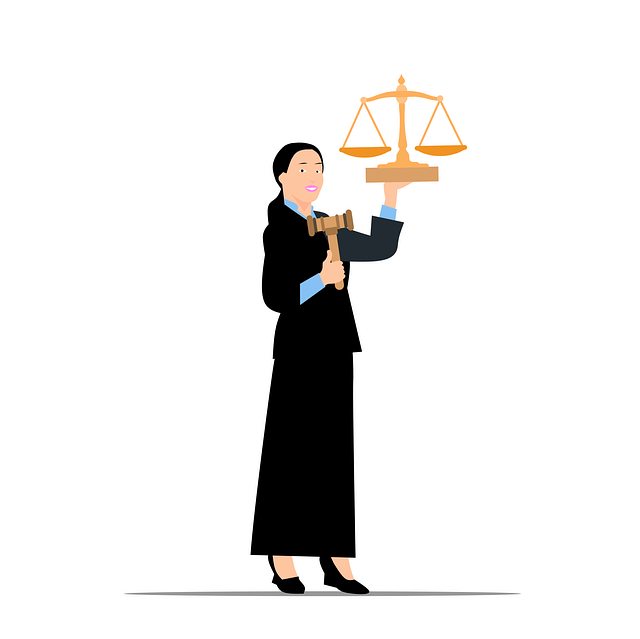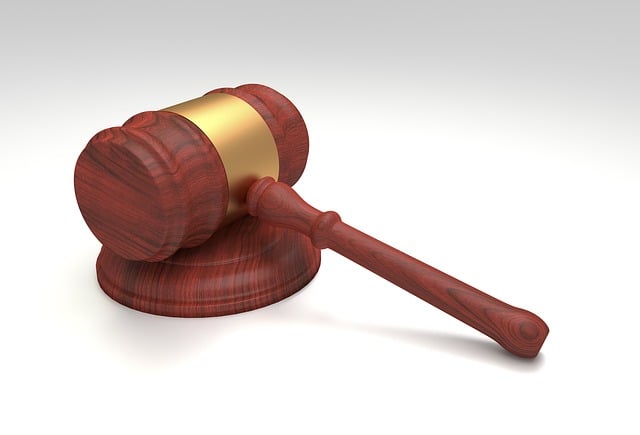Gathering comprehensive evidence, including photos, witness statements, and safety code violations, is crucial for a successful claim regarding an uneven pavement fall. Establish a clear causal link between the uneven surface and the fall, backed by medical records and expert opinions, to differentiate your case from others. Review denial reasons carefully, seek legal guidance from a specialized attorney, and consider legal action if severe injuries or suspected negligence occur.
Uneven pavement falls can lead to serious injuries, often leaving victims with costly medical bills and legal battles ahead. If your claim for compensation is denied due to an uneven road surface, don’t despair. This article guides you through the process of understanding and appealing such denials. We’ll explore how to prove negligence, navigate liability, and uncover legal options after a claim is rejected, empowering you with knowledge to advocate for your rights in the face of denied claims for uneven pavement falls.
- Understanding Denied Claims for Uneven Pavement Falls
- Evaluating Your Case: Proving Negligence and Liability
- Legal Recourse: Options After Claim Denial
Understanding Denied Claims for Uneven Pavement Falls

When it comes to denied claims for uneven pavement falls, understanding the reasons behind these rejections is crucial. Often, insurance companies or property owners may deny such claims on various grounds. One common reason could be that the fall was not a direct result of the uneven pavement but rather due to a pre-existing medical condition or another contributing factor. They might also argue that the risk was open and obvious, and thus, they are not liable for any injuries sustained.
These denied claims can lead to further legal complications, especially when it involves accident compensation, property damage claims, or even wrongful death claims. It’s important for individuals who have experienced falls due to uneven pavement to gather thorough evidence, including medical records, witness statements, and detailed descriptions of the incident, to strengthen their case.
Evaluating Your Case: Proving Negligence and Liability

When evaluating your case for an uneven pavement fall, the first step is to gather evidence that clearly demonstrates negligence and liability on the part of the property owner or maintenance entity. This can include photographs of the hazardous condition, witness statements, and any relevant safety codes or regulations that were allegedly violated. A car accident lawyer specializing in personal injury claims can assist in collecting and analyzing this evidence.
Additionally, it’s crucial to establish a direct connection between the uneven pavement and the fall. Medical records detailing the extent of injuries sustained, along with expert opinions on the cause of the fall, can significantly strengthen your case. This is particularly important when compared to other potential causes, such as nursing home abuse or business litigation scenarios, where different legal frameworks and standards of care apply.
Legal Recourse: Options After Claim Denial

After a claim for compensation due to an uneven pavement fall is denied, it’s crucial to understand your legal options. The first step is to thoroughly review the reasons provided by the insurance company or entity responsible for the denial. Often, denials stem from technicalities in policy coverage, interpretation of facts, or allegations of contributory negligence. If you believe the denial is unjust, a strong argument can be made with the help of legal counsel.
A car accident attorney specializing in personal injury cases, including uneven pavement falls, can guide you through the process. They’ll assess your case, gather evidence, and present a compelling case to challenge the denial. In some instances, especially when medical negligence is suspected or auto accident injuries are severe, pursuing legal action may be necessary to secure the justice and compensation you deserve.
Facing a denied claim for an uneven pavement fall can be disheartening, but understanding your legal options is key. By thoroughly evaluating your case and gathering compelling evidence of negligence, you can strengthen your position. If the initial claim was rightfully denied, exploring alternative legal avenues, such as contacting a personal injury attorney or seeking mediation, may help resolve the issue. Remember, navigating these complex situations requires persistence and a deep understanding of your rights, especially when it comes to holding responsible parties accountable for unsafe conditions that lead to falls caused by uneven pavement.






